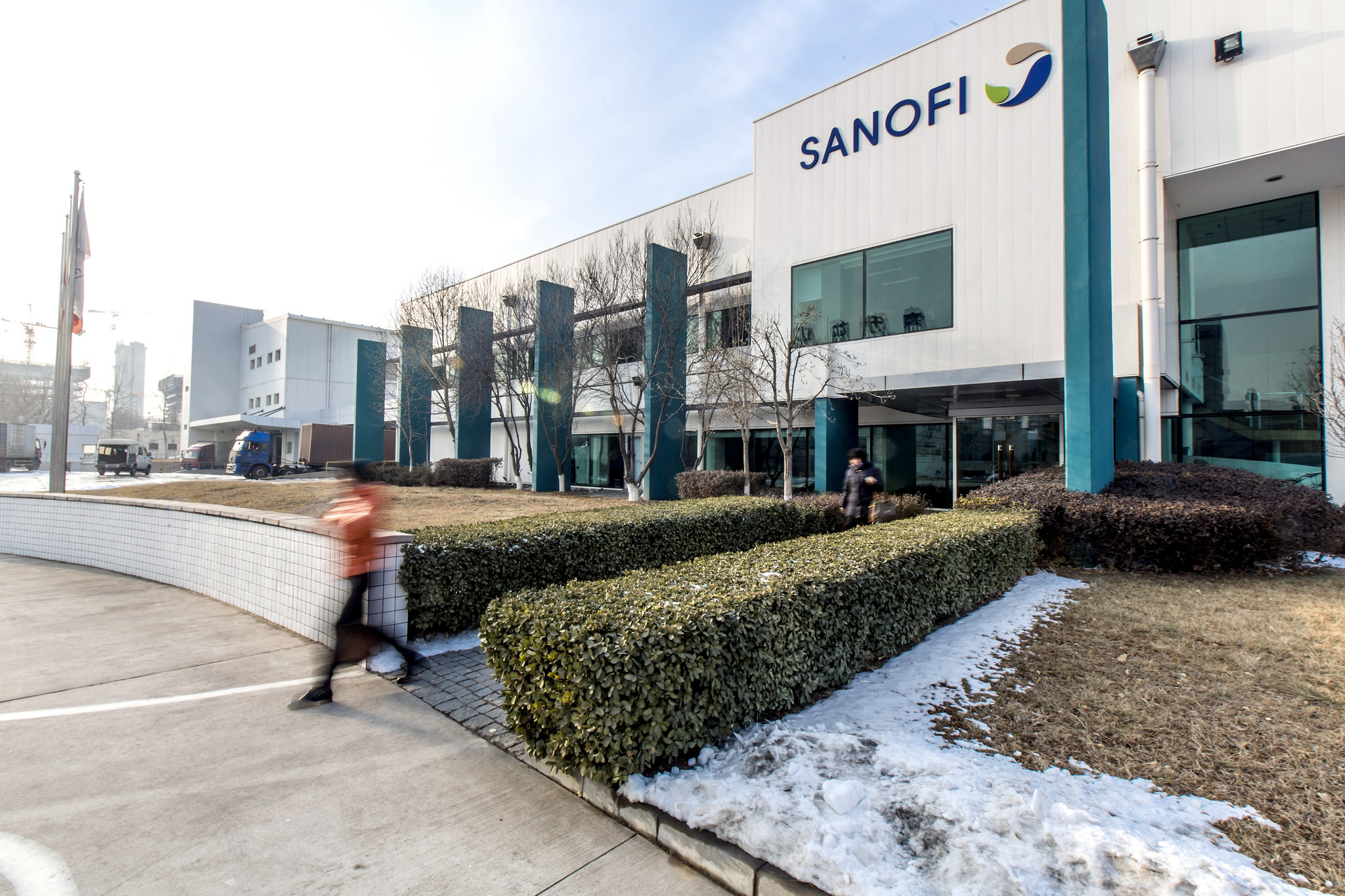Sanofi makes double EU filing for cancer and asthma drugs

Sanofi has made a double filing with the European regulator – for a new cancer immunotherapy drug and a new use for its Dupixent in asthma.
The French pharma has also said it will respond to NICE guidance rejecting Dupixent in its already-approved guise as an eczema drug.
With sales of its big-selling insulin Lantus waning because of competition from cheap biosimilar alternatives, Sanofi is developing a new generation of drugs to help it overcome this patent cliff and has a wave of filings planned over the next 18 months.
The European Medicines Agency (EMA) has begun its review of cemiplimab in an aggressive form of skin cancer, metastatic cutaneous squamous cell carcinoma (CSCC), or patients with locally advanced disease who are not candidates for surgery.
Cemiplimab, which targets the checkpoint inhibitor PD-1 (programmed cell death protein-1), already targeted by the likes of Bristol-Myers Squibb, and Merck & Co with their market-leading drugs Opdivo and Keytruda, respectively.
Cemiplimab, developed with partner Regeneron, has already been granted Breakthrough Therapy status in the US, where a regulatory filing is slated very soon.
The European filing is based on a phase 2 single-arm open-label clinical trial of cemiplimab in advanced CSCC, as well as phase 1 data from two advanced CSCC expansion cohorts.
Although there are now several PD-1 inhibitors on the market, Sanofi and Regeneron are targeting a disease where competition is virtually non-existent as there are no EMA-approved treatments for advanced CSCC. Further uses are in development to build sales in the future.
Dupixent
Sanofi and Regeneron's Dupixent (dupilumab) is already becoming established in eczema, and the companies are hoping to get the drug approved in asthma to generate potential blockbuster level sales.
Sanofi filed Dupixent, which inhibits interleukin-4 (IL-4) and IL-13, two signalling proteins known as cytokines that contribute to inflammation in inadequately-controlled moderate-to-severe asthma.
The new European filing is for Dupixent’s use as an add-on maintenance treatment in patients 12 years of age and older with uncontrolled moderate-to-severe disease.
It is based on clinical data from 2,888 adults and adolescents in three pivotal trials in the LIBERTY ASTHMA clinical development programme.
Sanofi will lift the lid on details from two of these, QUEST and VENTURE, at the American Thoracic Society’s 2018 International Conference next month.
The FDA is also reviewing Dupixent in this indication and is due to make a decision by 20 October this year.
NICE rejection in eczema
But the companies have suffered a setback in the UK with Dupixent, where NICE has rejected the drug for regular NHS funding in moderate-to-severe atopic dermatitis, also known as eczema.
Dupixent had ironically been singled out in the UK as a Promising Innovative Medicine (PIM), where the country’s health regulator allowed patients to get early access because of its innovative nature in eczema.
But nevertheless NICE deemed Dupixent too expensive for the NHS in first draft guidance despite a confidential discount from the full price of more than £24,000 for a 16-week course.
Jessamy Baird, director of patient access for UK and Ireland at Sanofi, said the company will work with NICE to try and get the drug funded by the NHS in a second draft due later this year.
“Whilst this is disappointing news, it is only the first step in the NICE appraisal process and we are currently reviewing NICE’s recommendations and the details that led to this initial assessment.
“We appreciate there will be complexities when assessing the cost-effectiveness of such a new treatment approach and will be submitting a formal response to the draft NICE guidance in the next few weeks.”












